Make sure you never miss an update. subscribe to the progress update newsletter
In this issue:
Features
Fish Forever Program Round-Up
What We’re Reading
Features
 Charting a Course for Coastal Fishers in Honduras
Charting a Course for Coastal Fishers in Honduras
In March, the Institute for Forestry Conservation (ICF) in Honduras declared the country’s first and largest community-based ‘managed access’ area in coastal waters. This historic declaration (and Site of Importance for Wildlife) gives small-scale fishers exclusive access to fish 1,453 km2 of coastal waters in the Iriona and Limón municipalities—an area bigger than Los Angeles, California. The managed access area underpins the livelihoods and food security of over 300 small-scale fishers across eight coastal communities.
 Mobile Banking Boosts Fishers’ Financial Identities and Savings
Mobile Banking Boosts Fishers’ Financial Identities and Savings
Small-scale fishers are among the country’s poorest sectors, and yet, more than 5,000 savings club members from coastal fishing households in the Philippines have proven capable of achieving financial stability through savings clubs. Rare Philippines and BPI BanKo, the microfinance arm of the Bank of the Philippine Islands, signed a first-ever agreement to boost fishing households’ financial literacy and provide mobile banking services for the savings clubs initiated through Fish Forever. The new digital services provided by BPI BanKO are expected to help fishers develop a financial identity and be counted as part of the formal banking sector.
 How Women in Coastal Fisheries Are Adapting To Climate Change
How Women in Coastal Fisheries Are Adapting To Climate Change
In major fish-producing countries, like Indonesia and the Philippines, women have taken on leadership roles in coastal fisheries management and climate change adaptation. Facing super typhoons, illegal fishing, changing weather patterns, and a diminishing fish catch, fishers, traders, municipal officers, and small business owners like Saribulan, Nurlini, Susan, Gina, and Hasrawati are part of a growing number of women advancing climate-compatible coastal resource management. A Visual 2021 International Women’s Day Feature.
Fish Forever Round-up
Our Global Network
*Real-time program data. For more details, see https://portal.rare.org.
Climate Change and Coastal Fisheries Video: In this training video for in-country partners, Rare outlines how Fish Forever helps fishers and their coastal communities adapt to the changing climate, protect nature-based solutions to climate change, and protect the ocean and marine life critical to food security and livelihoods.
Mozambique

Finalizing Fisheries Co-Management Plans: With support from the Blue Action Fund and SIDA/IUCN, Rare Mozambique, in partnership with coastal communities and government fisheries administration staff, is finalizing fisheries management plans for 19 communities within 7 districts and four provinces. The plans include 147,932 ha of community managed access areas and recently-finalized no-take reserve boundary verifications and rules for enforcing the boundaries. Once plans are finalized, they will be submitted for Minister of Fisheries approval, which is the final step to establishing the managed access with reserve areas recently legalized by the revised Fisheries Maritime Regulation (REPMAR) legislation.
Pacific Islands: Palau and Federated States of Micronesia (FSM)

Designing a National Fisher Registration and Licensing System in Palau: Rare and partners* recently completed a Fisher Registration Visioning & Design workshop in Palau to gather inputs on designing a national fisher registration and licensing system aligned with national policy and the Bureau of Marine Affairs (BMR) five-year strategic plan. The system will streamline fisher registration and licensing and ensure that data is available to state and national fishery managers. Rare will assist the BMR in developing, testing, and rolling out the system (in approximately 6-8 months) and will train government staff in its application. *Partners include the Bureau of Marine Affairs (BMR) and local NGOs: E’biil Society, Palau Conservation Society, and The Nature Conservancy.
Brazil
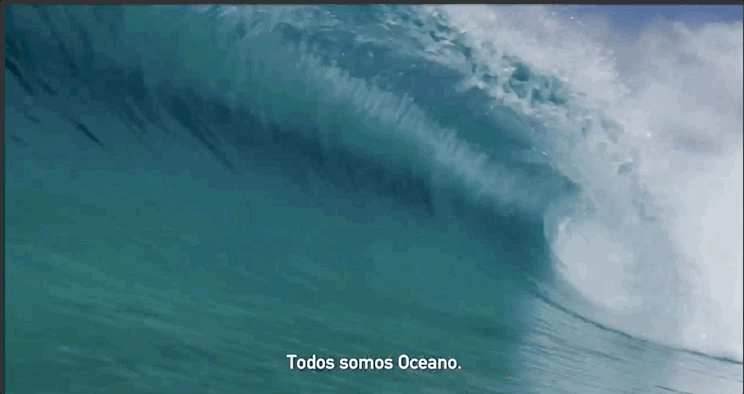
Launch of the Ocean Decade in Brazil: During International Earth Week, Rare Brazil, in partnership with the Ministry of Science, Technology, and Information and UNESCO Brazil launched the “Ocean Decade in Brazil.” Watch the launch video and visit the Climate Observatory’s website to learn more. Upcoming events related to the launch include the Brazilian Olympics of Oceanic Culture (for students) and a special webinar on the ocean by Science and Culture magazine.
Proposed Public Leadership Agreement among 47 Municipalities in Pará State: In March, Rare, in partnership with the Pará Secretariat of Environment and Sustainability (SEMAS-PA), presented a proposed agreement among the region’s 47 coastal municipalities to develop the small-scale fishing sector movement. This is Fish Forever’s first of many future initiatives planned with the newly-elected municipal representatives.
Resex Forever Behavior Adoption Campaigns: As part of Fish Forever’s work to support fishing communities in adopting more responsible and sustainable fishing behaviors, Rare Brazil led a course for 45 local leaders by WhatsApp to explore the leaders’ engagement in the “Resex Forever” campaigns.
Philippines
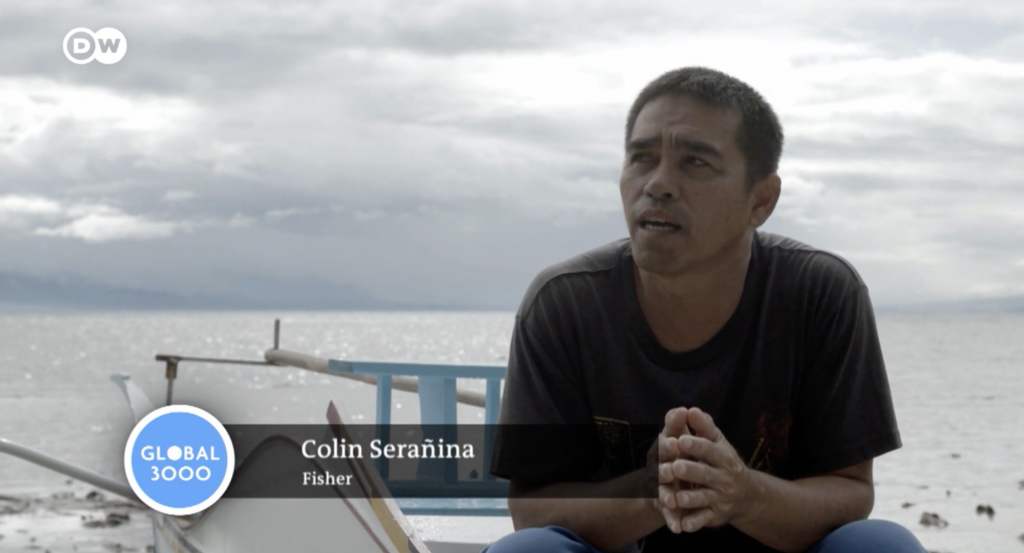
German Mega-broadcaster Deutsche Welle Features Fish Forever: Deutsche Welle recently featured Rare conservation fellow Susan Cataylo and her town, Pilar, in Cebu’s Camotes Islands. The short film explores the impact of climate change on coastal fishers. It also highlights the pandemic’s effects on declining livelihood opportunities and fishing households protecting their marine resources and joining savings clubs to adapt to climate impacts.
Advancing Marine Reserve and Managed Access Area Designs throughout the Philippines: In 2021, Rare held over a dozen workshops with Philippines’ coastal fishing communities to design reserves and managed access areas for registered fishers, using a mix of in-person and online facilitation. At least six local governments proposed expanding existing marine reserves based on maps showing the connection between ocean currents and their local fishing grounds. Participants considered climate change vulnerability assessments’ results in formulating goals and proposed municipal water use that integrates with local government coastal and fisheries management planning for climate change.
Registering Fishers in the Siargao Islands Protected Landscape and Seascape: The Siargao’s Santa Monica municipality recently held a weeklong mobile registration activity for fishers. Recognizing pandemic-induced economic hardships, the local government waived licensing fees for paddleboat fishers and lowered motorized boat fees. The Municipal Agriculture Office and the Bureau of Fisheries and Aquatic Resources set up outdoor tables in seven barangays and registered 288 fishers, 198 boats, and over 100 fishing gears. The annual activity, mandated under the Philippines Fisheries Code, helps local governments prioritize coastal fishers and prevent overfishing within municipal waters.
Overcoming Poverty through Savings Clubs: This recent opinion piece by NIKKEI Asia explores how the clubs helped many coastal fishing communities endure the COVID-19 pandemic.
Mesoamerican Reef (MAR)
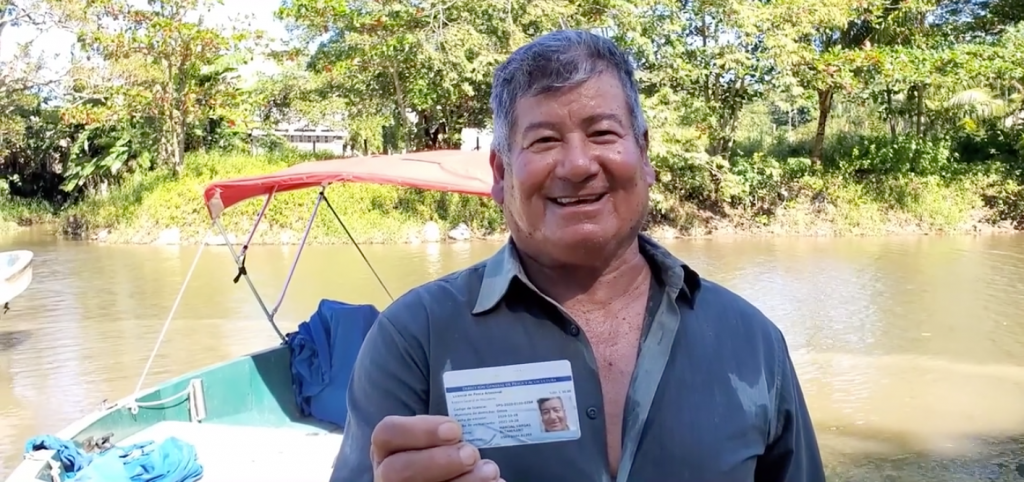
Restarting Fisher Registration Across Honduras: Despite the effects of hurricanes Eta and Iota and waves of closures due to COVID19, Rare in Honduras has recently restarted fisher registration drives across all Fish Forever communities, in partnership with the fisheries department. Fisher registration is an essential component of effective management of managed access and reserve areas. For a first-hand account of the process, check out this cool registration video (in Spanish).
New Managed Access Areas and Declarations Underway: As already featured in this issue, Rare in the MAR is advancing towards our goal of placing 17,000km2 of Honduran and Guatemalan coastal waters under effective management, starting with the new Iriona managed access area. In March, Rare hosted a series of workshops with fishers and community leaders across 5 communities in Santa Fe to confirm support for the municipality’s proposed managed access area. Fun and participatory workshop activities and discussion among fishers emphasized the need to protect and comply with the municipality’s no-take reserve (Cayo Blanco), fish sustainably, and ensure better management for surrounding waters. Honduras’s News Today outlet features interviews with workshop attendees (in Spanish).
The Fishing for Life Campaign Reaches New Communities in Honduras: In April, Rare, together with 150 community members and mayors from Iriona, Limón, and nearby municipalities, celebrated the campaign’s arrival (and the recent declaration of Honduras’s first and largest community-based ‘managed access’ area in coastal waters) with a cayuco race (cayucos=traditional small-scale fishing boats) and request by Iriona and Limon’s fishers to support and strengthen their efforts to effectively and legally manage their coastal waters. In March, Rare hosted an exchange event with 34 fisherwomen from 4 fishing communities in Omoa to highlight women’s valuable contributions to the fisheries value chain. The event, which featured women using responsible fishing gear, promoted a key behavior of the campaign and provided an opportunity to exchange knowledge and skills related to hook and line fishing and making and mending nets with the right mesh size. And in February, the Balfate municipality launched their campaign with a declaration from 48 fishers to adopt responsible fishing practices—including registration and using the correct gear to fish yellowtail snapper, a critical commercial species in the Honduran Caribbean.
Indonesia
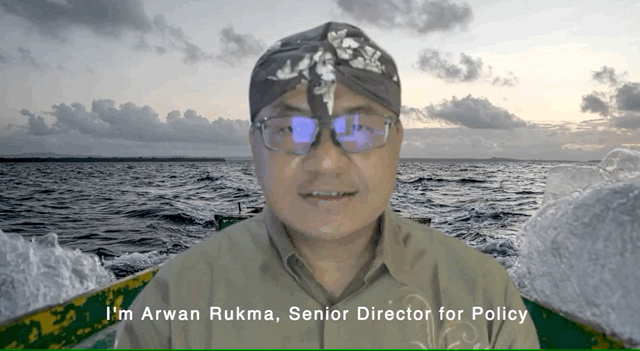
A Policy Milestone for Indonesia’s Coastal Fishers: In this video message, Arwan Rukma, Rare’s Program Policy Director in Indonesia, celebrates the inclusion of Rare’s input into the nation’s newly unveiled Climate Resilience Development Policy for building climate resilience. The policy reflects Fish Forever’s work in Southeast Sulawesi on ecosystem and community-based adaptation and supports efforts to help coastal communities adapt to climate change. We are thrilled at the possibility that this inclusion will facilitate more resources and support for Indonesia’s coastal communities.
Overcoming Barriers to Scaling Vessel Tracking in Small-Scale Fisheries: In collaboration with Global Fishing Watch, the Southeast Sulawesi Provincial Government, and two district governments, Rare has installed 20 vessel tracking devices on small-scale fishing boats in Pasi Kolaga (Muna District) and Kapontori (Buton District). The installation is part of a project, funded by the U.S. State Department, to understand why, despite repeated pilots, vessel tracking in small scale fisheries has not gained the same traction it has in the industrial sector (where over 80% of fishing activity is tracked). We tackle this challenge by applying a behavior-centered approach to addressing the user experience and barriers to adoption; since we know the technology itself is proven, we are focused on addressing behaviors. As we collect data from the devices, Rare will work with users of the device and data (fishers and fisheries managers, respectively) to understand and overcome barriers to adoption, ultimately producing a realistic plan for scaling in the context of small-scale fisheries.
Small Grants for Fisheries Management Bodies: As part of Rare’s commitment to strengthen Fishery Management Body (FMB) capacity, we are supporting improvements in their organizational capacity, adaptation to climate change, and waste management practices by village business enterprises. Small grants (approximately USD 3,500-7,500 each for 6-9 months) are being allocated to 13 FMBs for surveillance, boat construction, mangrove rehabilitation, community outreach, and local enterprises to follow best practices in avoiding waste and adding value to fisheries catches.
Including Managed Access with Reserves (MA+R) in North Sulawesi Province’s Development Planning: Rare recently facilitated a meeting of the North Sulawesi Province Managed Access and Reserve (MA+R) Working Group to integrate fisheries management into province development planning documents. The meeting attendees recognized MA+R management contributions to the province’s fishery sector development and agreed on the need to include MA+R management into central government guidance for local government development planning. Embedding MA+R management attributes and associated performance indicators in development planning will provide a strong and clear basis for provincial government budget allocation for MA+R management activities.
WHAT WE’RE READING
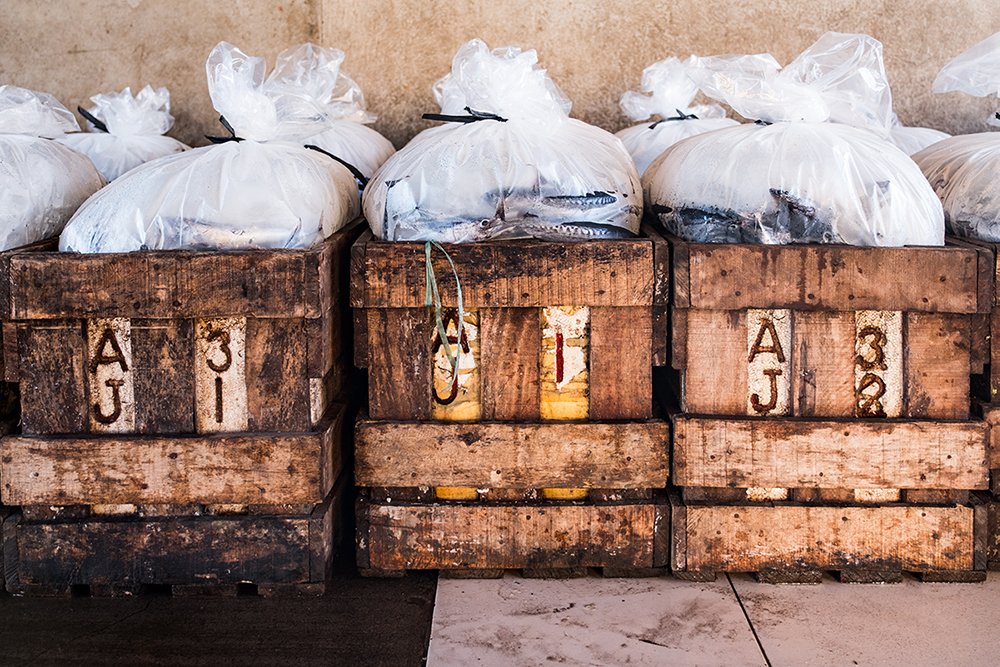
Harnessing scientific and local knowledge to face climate change in small-scale fisheries (Apr 2021)
Gianelli, I., Ortega, L., Pittman, J., Vasconcellos, M. and Defeo, O., 2021. Harnessing scientific and local knowledge to face climate change in small-scale fisheries. Global Environmental Change, 68, p.102253.
This study, based on 40 years of scientific and local ecological knowledge, analyzed the effects of climate change on a vulnerable small-scale fishery. The authors found that climate-related stressors not only changed population dynamics of targeted species and favored harmful algal blooms, but also affected the livelihood of fishers and compromised the local fishery economy. The article discusses how autonomous and government-led adaptation provided the capacity to address climate-related impacts, and how co-management advanced climate-responsive policy actions.
At-risk marine biodiversity faces extensive, expanding, and intensifying human impacts (Apr 2021)
O’Hara, C. C., Frazier, M., and Halpern, B. S. (2021). At-risk marine biodiversity faces extensive, expanding, and intensifying human impacts. Science: 372 (6537): pp. 84-87.
This study explored a suite of human-induced stressors on more than 1200 vulnerable marine species over 10 years. The authors found that, on average, species are experiencing high and increasing levels of stress over more than half of their ranges. Among all assessed stressors, fishing has the largest impact in national waters, but climate stressors intensified and expanded these impacts. This critical study showcases that mitigating impacts on vulnerable marine biodiversity is fundamental to supporting resilient ecosystems and achieving effective management under climate change.
Protecting the global ocean for biodiversity, food and climate (Mar 2021)
Sala, E., Mayorga, J., Bradley, D., Cabral, R. B., Atwood, T. B., Auber, A., et al. (2021). Protecting the global ocean for biodiversity, food and climate. Nature: 592: pp. 397–402.
Marine protected areas (MPAs) are an effective tool for restoring biodiversity and ecosystem services, yet only 2.7% of the ocean is highly protected today. In this paper, Sala, et al., developed a conservation planning tool to prioritize the placement of highly protected MPAs that would maximize benefits. The authors found that significant increases in protection could triple the benefits of highly protected MPAs by protecting biodiversity, increasing fisheries production, and locking at-risk marine carbon stocks. Importantly, most coastal nations already contain these priority areas. The authors suggest that a global coordinated effort to protect these areas could be more efficient than uncoordinated national planning.
Towards a better understanding of gendered power in small scale fisheries of the Western Indian Ocean (Mar 2021)
Murunga, M., (2021). Towards a better understanding of gendered power in small scale fisheries of the Western Indian Ocean. Global Environmental Change, 67, p.102242.
Based on an extensive literature review, this study discusses how gender-power dynamics affect gender inequality in small-scale fisheries. The author found that a gendered-power dynamic is crucial for renegotiating gender equality and challenge simplistic views on poverty and subordination of women. The article discusses how gender-blind policies undermine progress on gender equality in small-scale fisheries and how transforming gendered power relations is essential for advancing gender equality.
Sustainable fisheries are essential but not enough to ensure well‐being for the world’s fishers (Mar 2021)
Giron‐Nava, A., Lam, V.W., Aburto‐Oropeza, O., Cheung, W.W., Halpern, B.S., Sumaila, U.R. and Cisneros‐Montemayor, A.M., (2021). Sustainable fisheries are essential but not enough to ensure well‐being for the world’s fishers. Fish and Fisheries.
In this study, the authors analyzed global landings and income data and found that average fishing wages in 36%-67% of countries, home to 69%-95% of fishers worldwide, are likely below their national minimum living wage. Surprisingly, even if all these fisheries were effectively managed to achieve their Maximum Sustainable Yield, average fisher’s income of 70% of fishers worldwide would be still below minimum living wages. These results imply that strategies to support fisher’s well-being must follow a more comprehensive approach, including several perspective, disciplines and institutions, which is also relevant for small-scale fisheries.
Fish Forever: A solution to coastal overfishing – delivered by empowering communities through clear rights, strong governance, local leadership, and participatory management – that protects essential fish habitat and regulates fishing activities to replenish and sustain coastal fisheries.
Goal: To deliver replicable and scalable community rights-based management across ten countries, using a global network of 500 local leaders to secure livelihoods for one million fishers, alleviate poverty, ensure food supply, and protect coastal ecosystems from chronic threats.
Fish Forever Countries: Philippines, Indonesia, Mozambique, Brazil, Honduras, Guatemala, and the Pacific Island countries of Palau and the Federated States of Micronesia.
Fish Forever is possible thanks to the support of many, including the following current donors:

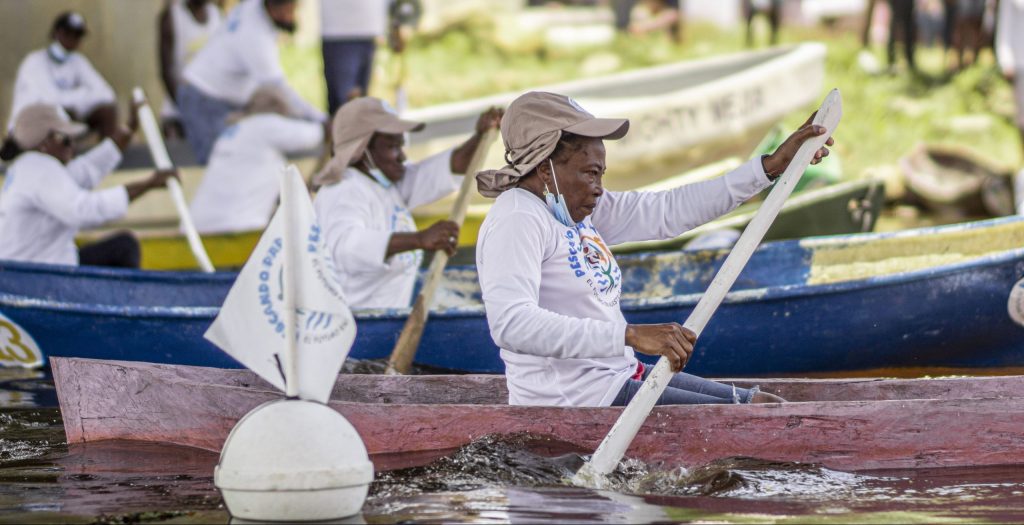 Charting a Course for Coastal Fishers in Honduras
Charting a Course for Coastal Fishers in Honduras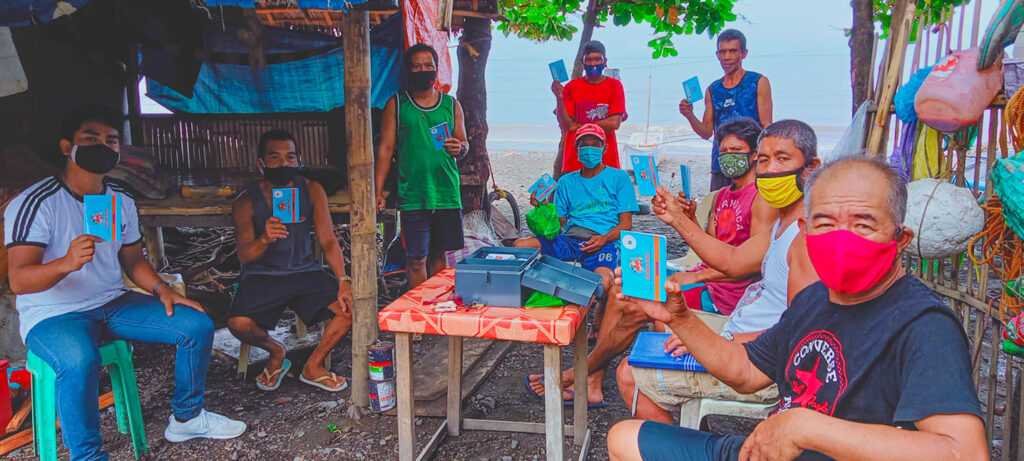 Mobile Banking Boosts Fishers’ Financial Identities and Savings
Mobile Banking Boosts Fishers’ Financial Identities and Savings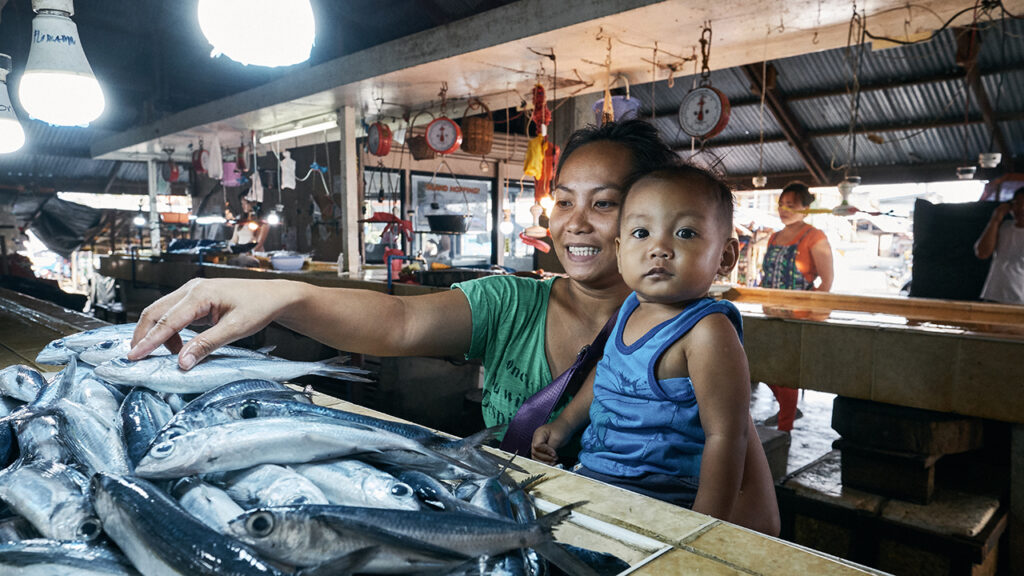 How Women in Coastal Fisheries Are Adapting To Climate Change
How Women in Coastal Fisheries Are Adapting To Climate Change